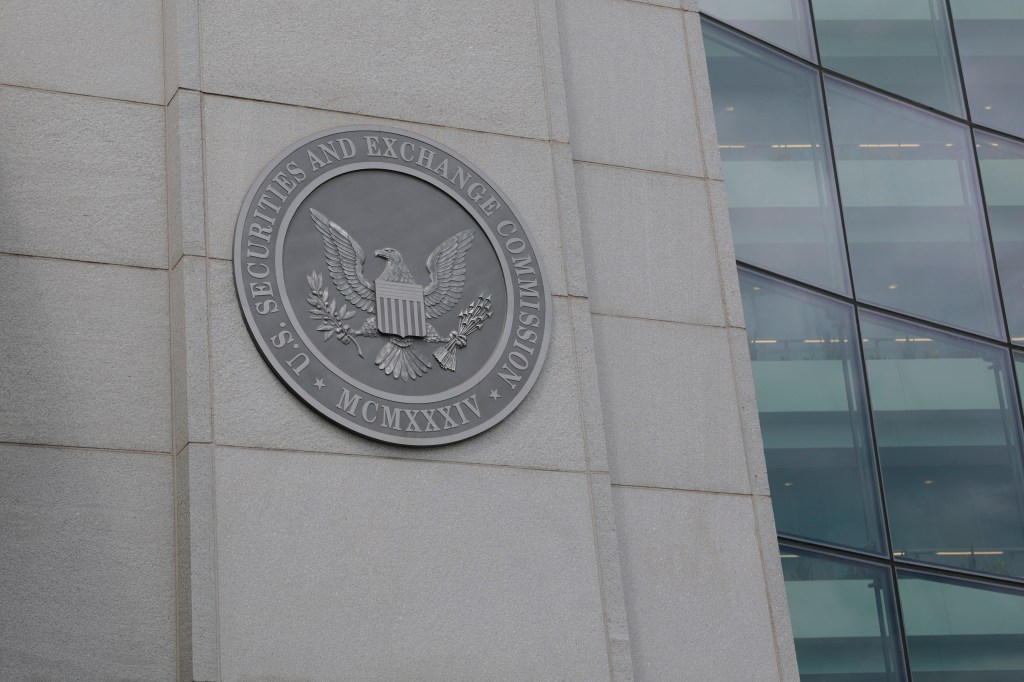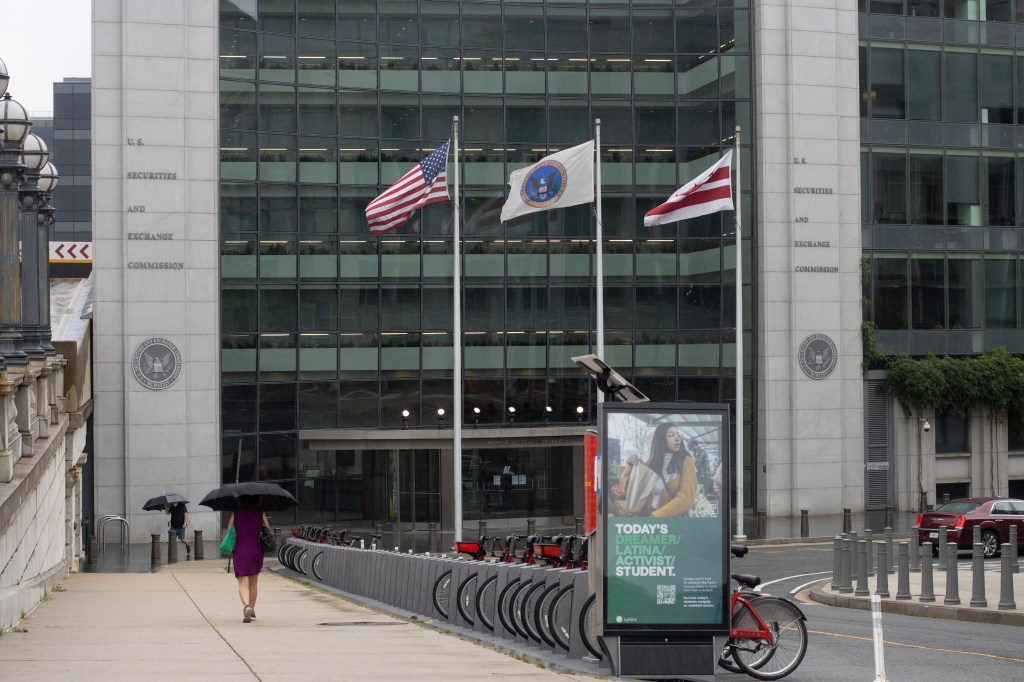The FCA has released new rules on regulatory capital, with the aim of reducing the regulatory burden and slashing red tape by 70%.
The regulator says it will simplify and consolidate the definition of regulatory capital, also known as ‘own funds’, for FCA investment firms under MIFIDPRU 3.
The move aims to clarify what qualifies as own funds, reduce unnecessary complexity, and remove provisions designed for banks that are not relevant to investment firms.
These changes affect all entities subject to MIFIDPRU, including parent undertakings subject to the Group Capital Test, MIFIDPRU investment firms, and UK parent entities that are required to comply with MIFIDPRU 3 based on their consolidated position.
The reforms align with the government’s regulatory reform agenda, including the Edinburgh and Leeds Reforms, and deliver on commitments made when the Investment Firms Prudential Regime was introduced in 2022.
The new rules will come into force April 1, 2026.
A recent survey by the FCA has shed light on firms’ lack of risk assessment, which the regulator says is leaving those firms and the wider market vulnerable to money laundering, fraud, and other forms of financial crime.
And 11% say they have no documented business-wide risk assessment, as required under the Money Laundering Regulations.
Other findings from the survey:
- 10% of firms stated they did not retain documented evidence of customer due diligence;
- 29% of principal firms said they did not conduct financial crime risk assessments for their appointed representatives;
- 6% of principal firms reported not monitoring their appointed representatives’ compliance with financial crime regulations or conducting on-site visits or audits.
But 97% of survey respondents also said that they regularly report financial crime concerns to senior management.
“Corporate finance firms play a vital role in the UK’s capital markets. Their exposure to money laundering risks means it is essential that they have strong, proactive controls in place. While some firms may be meeting expectations, many may be falling short of minimum regulatory requirements,” Andrea Bowe, director of the specialist directorate at the FCA, said.
Enforcement
Hedge fund BlueCrest has agreed to pay $101m in redress to investors, after the firm moved UK-based managers into an internal fund without adequately informing external investors, thereby disadvantaging those external investors.
Between October 2011 and December 2015, BlueCrest failed to manage fairly a conflict of interest created by its role in managing both an investment fund exclusively for the benefit of its partners and employees and a flagship fund available to external investors.
BlueCrest’s management approved UK-based traders being moved from the external fund to work on the internal fund in which they were personally invested and where they stood to benefit personally from those decisions.
“This redress scheme brings a positive end to a long-running case. BlueCrest put its own interest ahead of the external fund and provided a substandard service, which meant that investors lost out,” Therese Chambers, Joint Executive Director of Enforcement and Market Oversight at the FCA, said.
An investigation has been opened into the Moneda Capital Group and a number of people associated with its companies.
The group includes:
- Moneda Capital PLC;
- Moneda Capital Asset Management Ltd;
- MCAM Ltd;
- VSD Capital Ltd.
The FCA is asking anyone with knowledge to call its helpline.
Speeches
Nikhil Rathi, FCA chief executive, delivered a speech on October 20 titled Japan and the UK: Shared growth, shared future, where he praised the similar qualities of the two nations.
The speech emphasised that UK and Japan share long‑standing links in commerce and culture, dating back to the 1858 Treaty of Amity and Commerce, as well as modern trade and investment ties.
The FCA sees opportunities for deeper collaboration between the UK and Japan in financial markets, regulation, innovation, and investment, stressing three main pillars for cooperation:
- Facilitating market understanding – making sure firms and investors know how to operate in both markets.
- Deepening regulatory cooperation and aligning policy frameworks.
- Supporting innovation (for example in tokenization / decentralized finance) while protecting stability and enabling cross‑border capital flows.
The speech referenced specific initiatives such as Japan’s asset management market reform via its asset management centre ambition, and the UK’s establishment of an Asia‑Pacific FCA office to enhance reach.
Rathi’s speech closed by emphasising that “investability comes from the strength of longstanding global centres” in London and Tokyo.
Therese Chambers, joint executive director of enforcement and market oversight, spoke at the City & Financial Global FCA Investigations and Enforcement Summit on October 20.
She emphasized that firms should not just act when under scrutiny, but consistently and proactively.
The FCA has shifted to fewer investigations, but faster and more effective outcomes, Chambers said. Investigations in 2025 are being closed in as little as 16 months compared to 42 months previously.
In the last financial year, the FCA secured over £442m in redress, settlements, and civil proceedings for harmed consumers.
The FCA alos secured the UK’s first criminal sentence for unregistered crypto activity, related to a network of ATMs run by Olumide Osunkoya.
Chambers concluded saying: “Most firms choose to follow the through line. To do the right thing and work with us rather than against us. Those are the ones that reap the benefits.”












